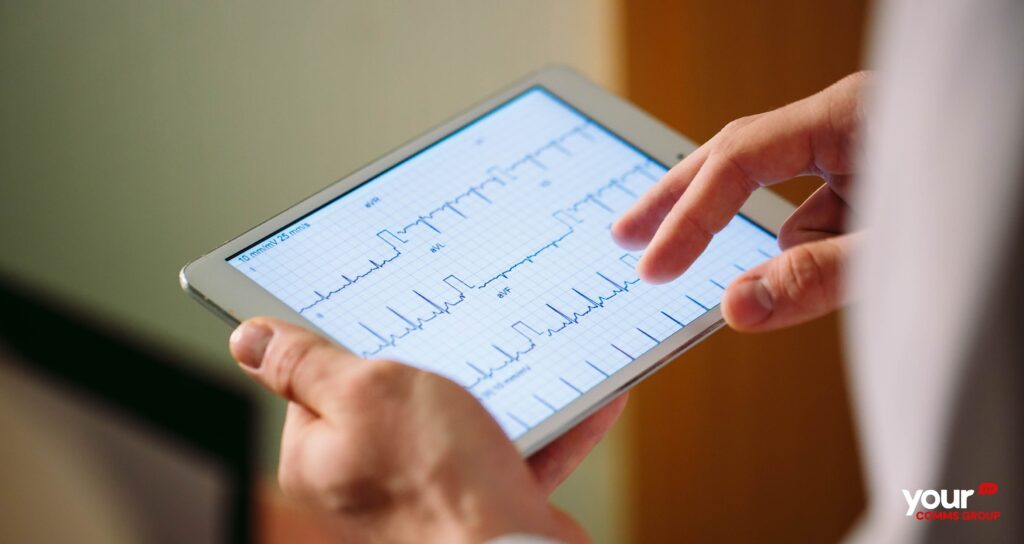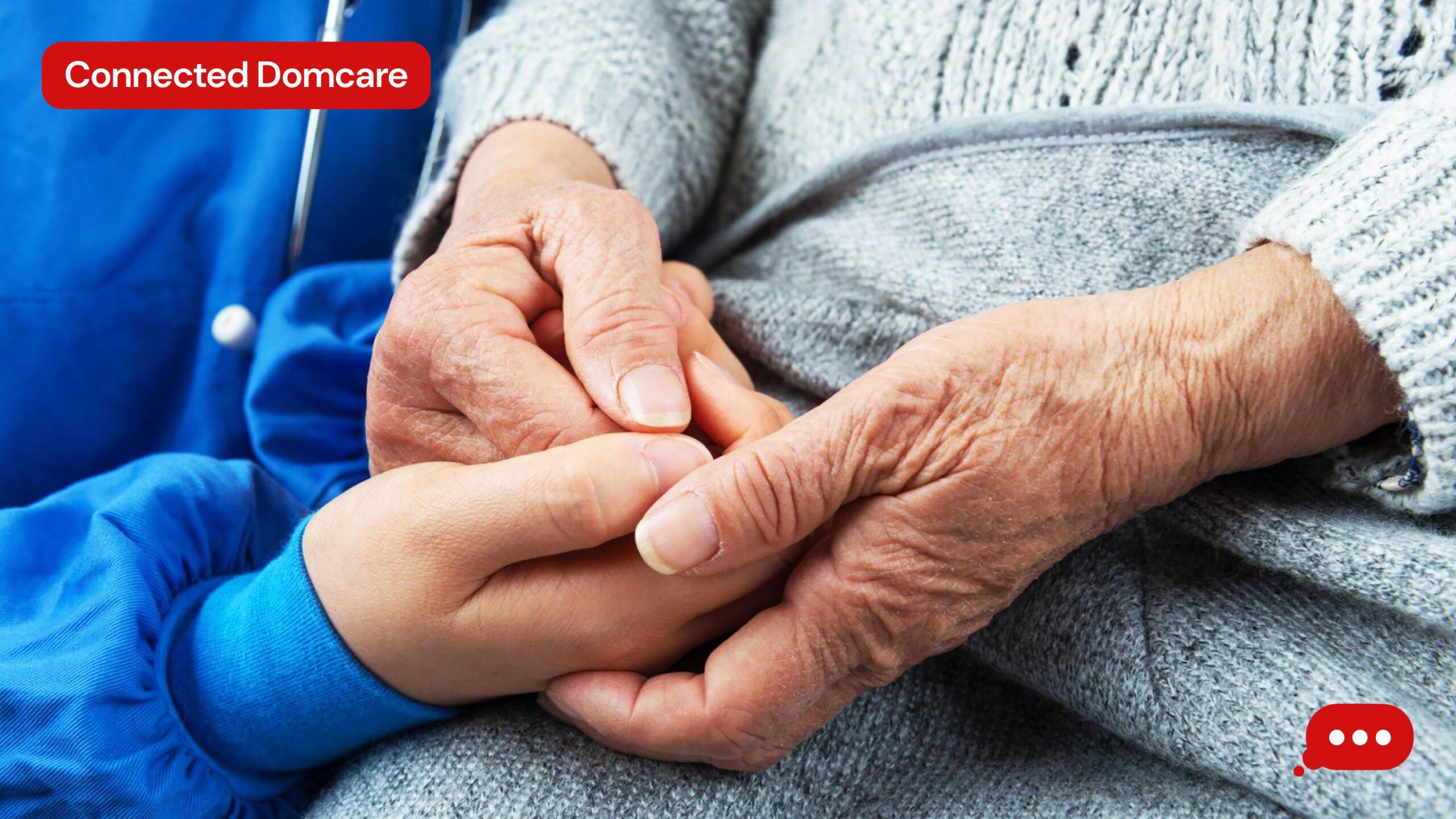Domiciliary care, or in-home care, is an essential service that supports individuals who require assistance with daily living while remaining in the comfort of their homes. However, effective communication between caregivers, patients, and healthcare providers remains challenging.
The Internet of Things (IoT) technology is emerging as a game-changer for domiciliary care, transforming communication and care delivery. By leveraging connected devices and real-time data, IoT enhances patient outcomes, streamlines workflows, and ensures better stakeholder coordination.
Here’s how IoT solutions are revolutionising domiciliary care communication.
Real-Time Patient Monitoring

One of the most significant benefits of IoT in domiciliary care is real-time patient monitoring. Connected devices, such as wearable health trackers and smart medical equipment, provide continuous updates on patients’ vital signs, including heart rate, blood pressure, and oxygen levels.
These devices send data directly to caregivers and healthcare providers, enabling them to detect anomalies early and respond promptly to potential health issues. This proactive approach reduces hospitalisations and improves overall patient outcomes.
For example, a wearable device can alert caregivers if a patient’s blood pressure spikes or if they experience irregular heart rhythms, ensuring immediate intervention.
Seamless Communication Between Care Teams
IoT-enabled platforms facilitate seamless communication between caregivers, healthcare providers, and family members. Centralised dashboards integrate data from multiple devices, allowing all stakeholders to access real-time information and collaborate effectively.
Caregivers can update patient records on the go, while healthcare providers can review this data remotely to make informed decisions. This level of transparency and coordination improves the quality of care and reduces communication gaps.
Explore IoT solutions tailored to domiciliary care with Your Comms Group. To learn more, contact us at [email protected] or visit www.yourcommsgroup.com.
Enhanced Safety and Security
IoT devices also enhance patient safety in domiciliary care. Smart sensors can monitor the home environment for hazards like falls, fires, or gas leaks.
For instance, motion sensors can detect if a patient has fallen and trigger an alert to caregivers or emergency services. Similarly, smart door locks and security cameras provide an added layer of protection, ensuring that patients feel secure in their homes.
Optimised Resource Allocation
IoT technology helps domiciliary care providers optimise resource allocation by providing insights into caregiver schedules, travel times, and patient needs.
GPS-enabled devices can track caregivers’ locations, allowing managers to assign tasks more efficiently and reduce travel time between appointments. This ensures that resources are utilised effectively and that patients receive timely care.
Remote Health Assessments

IoT-powered telehealth solutions are making remote health assessments possible. Patients can use connected devices to measure their vital signs and share real-time data with healthcare providers.
This capability eliminates the need for frequent in-person visits, saving time for both patients and caregivers while ensuring that healthcare providers have the information needed to deliver accurate diagnoses and treatment plans.
Challenges and Considerations
While IoT offers numerous benefits for domiciliary care, there are challenges to address, including:
- Data Security: Protecting sensitive patient information from cyber threats is critical. Choose IoT solutions with robust encryption and security measures.
- Cost of Implementation: While IoT devices are becoming more affordable, initial setup costs can be a barrier for some providers.
- Training Needs: Caregivers and staff must be trained to use IoT devices and platforms effectively.
Partnering with an experienced provider like Your Comms Group ensures seamless implementation and support for IoT solutions.
The Future of Domiciliary Care Communication
IoT technology is not just enhancing communication in domiciliary care—it’s reshaping the entire care delivery model. By enabling real-time monitoring, improving safety, and streamlining workflows, IoT is helping providers deliver high-quality, patient-centric care.
As IoT continues to evolve, its applications in domiciliary care will only expand, offering new opportunities to enhance patients’ lives and providers’ efficiency.
Ready to Embrace IoT in Domiciliary Care?
Let Your Comms Group help you implement innovative telecom solutions that streamline communication and enhance care delivery. Our affordable packages include essential services like mobile device management, VoIP phone systems, and seamless connectivity—all tailored to support your care team.
Visit www.yourcommsgroup.com or email us at [email protected] to explore how we can help transform your care services.



